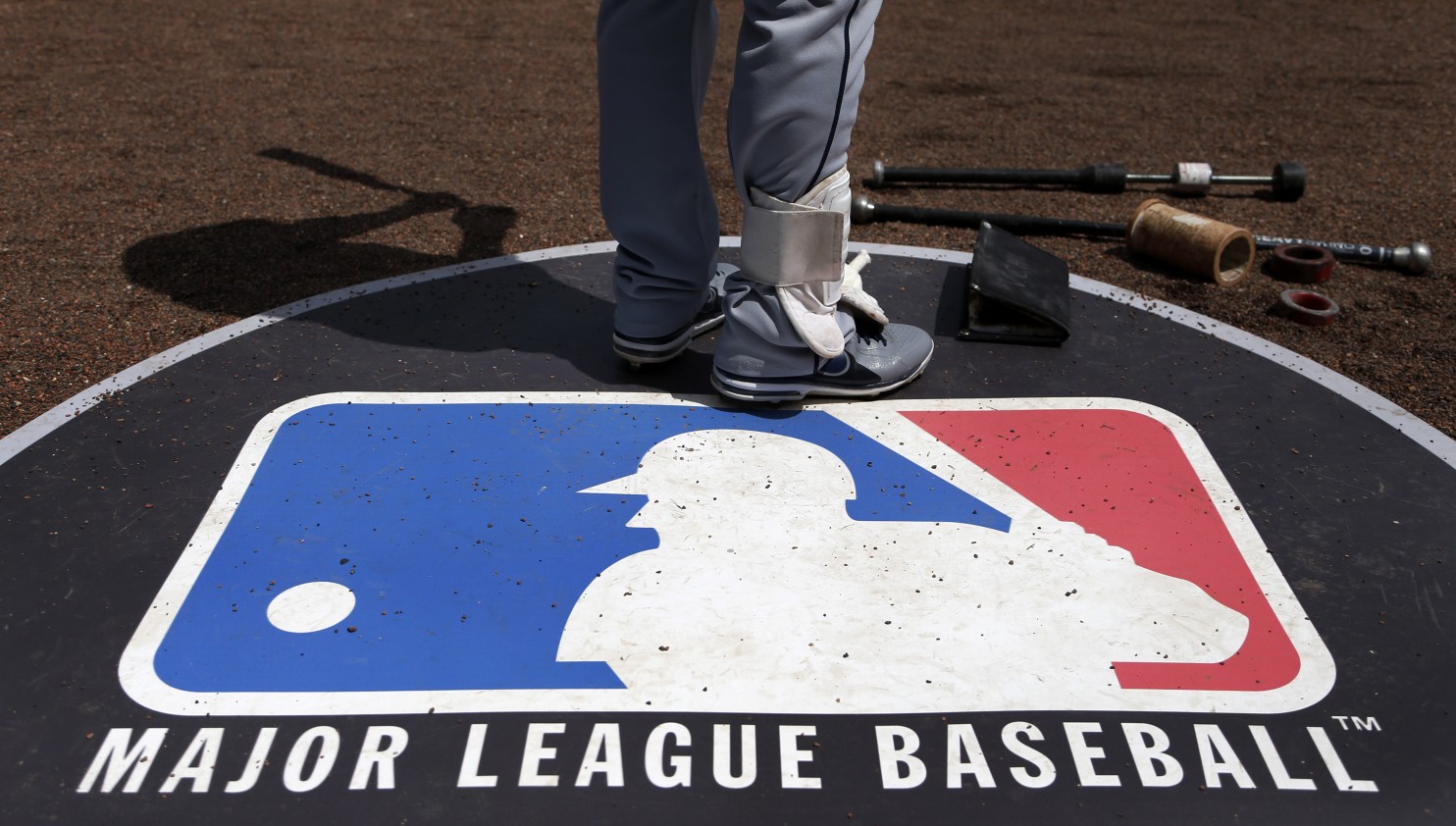
It is the most asinine rule in all of sports.
It’s ruining the fairness of baseball’s playoff races, turning fans and viewing audiences away from the game, and leaving Major League Baseball Commissioner Rob Manfred stuck watching four-hour contests.
MLB’s archaic September call-up rule, where in the final month of the season, teams can expand their rosters from 25 to 40 players, turns baseball’s most critical stretch into an inequitable slog.
And games start mimicking real life: The rich suddenly get richer, with big-market clubs granted a decisive advantage in every game. The poor get poorer, creating for small-market teams an even a larger impediment to win games.
“Somebody has to look at the integrity of this thing,’’ Doug Melvin, Milwaukee Brewers senior advisor, told USA TODAY Sports. “There’s no other sport that does this. There’s got to be some way to make it an even playing field in our most important month of the season.
“It just doesn’t make any sense to me. Frankly, it never has.’’
Melvin, former GM of the Milwaukee Brewers and Texas Rangers, has pleaded with baseball since 2005 to make a change, and finally has given up trying.
Well, it’s time to pick up his cause.
The idea of September call-ups initially was designed for teams to call up their finest prospects, rewarding them for their performance, and letting them show what they can do at the big-league level.
Every team has the right to have a 40-man roster in September, technically, making it fair for everyone.
But this is the real world.
Now that the minimum salary has escalated to $535,000, costing teams $90,628 per player alone in pay for those called up in September, the focus has shifted.
Sure, you’ll pay the freight and call up as many players you need if you’re in the playoff hunt – and there are 19 teams still alive.
But if you’re out of the race, why bother?
Take a look, and you’ll see the rich Los Angeles Dodgers leading all teams with 38 players on their active roster. The Boston Red Sox and Cleveland Indians have 36 players apiece. The Houston Astros and Los Angeles Angels have 35.
Those teams are all involved in playoff races, some sure-fire postseason teams, others trying to position themselves for home-field advantage.
But if you’re not in the race, why waste the money? You can act like the San Diego Padres, Chicago White Sox, Miami Marlins and Pittsburgh Pirates, who don’t even have a 30-man roster.
The Pirates, matter of fact, have only 26 players on their active roster, the same as teams are permitted to have during a doubleheader.
The colossal problem in this roster disparity, turning playoff races into a sham, is that teams with limited September rosters are directly impacting the playoff races.
The Padres, finishing a four-game series against the St. Louis Cardinals on Thursday, still have seven games left against Colorado, six against Arizona, three against the Dodgers and two against Minnesota.
In every one of those games, the Padres will be out-manned.
The Pirates are in the midst of a series in which they had seven fewer players than the Cubs – including four fewer pitchers. When the Pirates play the Cardinals this weekend, they’ll have six less players.
And, yes, the games count just the same.
How in the world is that fair?
“What you worry about, too,’’ Melvin says, “is that if your team is eliminated, and you want a higher first-round draft pick, you don’t have the incentive to win. So you benefit more by not calling guys up.
“Teams won’t say that loudly, but they’re thinking that.’’
If it’s not bad enough that these September games are tainted, they’ve become unwatchable.
We’re guessing you didn’t plan your Labor Day around the Los Angeles Angels’ 11-inning victory over the Oakland A’s, when manager Mike Scioscia used an American League record 12 pitchers in the game, including six who threw fewer than 10 pitches.
“You manage to what your roster is,” Scioscia told reporters. “If I’d needed a couple of more innings, I’d have used 13 or 14.’’
Little wonder why that game lasted 4 hours, 38 minutes – and how the Angels made baseball history this week by playing five straight games lasting at least 3:49.
How can anyone at MLB hdeadquarters value equality on the playing field and desire quicker-paced games, when everyone can see what’s happening every single day this month?
Major League Baseball executives insists they tried to change the structure in their new collective bargaining agreement. They called for a 26-man roster during the first five months of the season, and a 28-man roster September. The Major League Baseball Players Association rejected it, believing it would suppress the number of call-ups in September, affecting service time for arbitration and free agency.
It’s now time to call a truce.
Teams should be permitted to call up as many players as they choose in September, but when the lineup cards are exchanged at home plate, you still are limited to 25 players. The difference is that you can manipulate it, almost like the 10-day DL, treating it really like a wild-card game. You’ll need only one starting pitcher on your lineup card, allowing you to substitute the four other starters for relievers, position players, or whatever you choose. You can change it daily.
The players still will have their service time, teams’ prospects can still be rewarded and earn a few extra bucks, but most important, every manager will have the same number of players at his disposal.
You know, like a real baseball game, and not this September carnival act.
This article was republished with permission from the original publisher, USA Today. Follow Bob Nightengale on Twitter and Facebook.